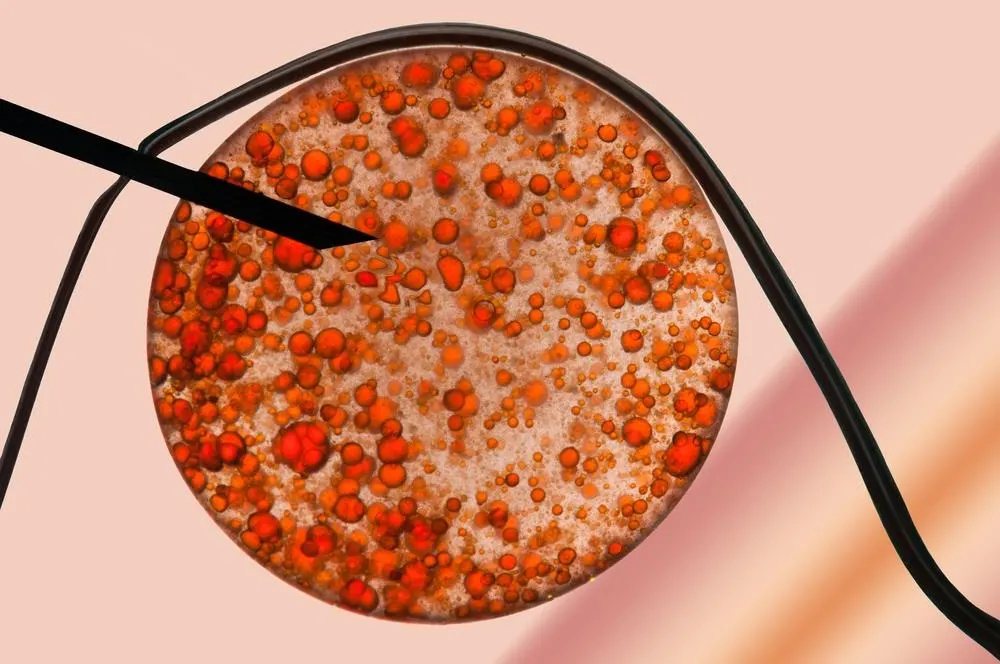Overview

Stem cell therapy is a modern medical treatment method that holds tremendous promise for a wide range of diseases and conditions.
This innovative therapy involves using stem cells to
- repair,
- regenerate,
- or replace damaged cells and tissues in the body.
Stem cells, known for their remarkable ability to develop into different types of cells, offer immense potential in the field of regenerative medicine.
In this article, we will delve into the intricacies of stem cell therapy, exploring its applications, benefits, and ethical considerations.
Understanding Stem Cells
To understand stem cell therapy, it is crucial to understand the nature of stem cells themselves. Stem cells are unique cells that can differentiate into specialized cell types and regenerate damaged tissues. They can be found in various sources, including embryos (embryonic stem cells) and adult tissues (adult stem cells). The most versatile type of stem cells is embryonic stem cells, as they have the potential to develop into any type of cell in the body. Adult stem cells, on the other hand, have a more limited range of differentiation but still hold regenerative capabilities.
- Autologous Stem Cell Therapy: In this approach, stem cells are harvested from the patient's own body, typically from bone marrow, adipose tissue, or blood. These cells are then processed and reintroduced into the patient's body to promote healing and tissue regeneration. Autologous stem cell therapy eliminates the risk of immune rejection since the cells are derived from the patient's own body.
- Allogeneic Stem Cell Therapy: Allogeneic stem cell therapy involves using stem cells from a donor, typically obtained from umbilical cord blood, placental tissue, or other sources. These donor cells are carefully matched to minimize the risk of immune rejection. Allogeneic stem cell therapy provides a readily available source of stem cells for treatment but carries the potential for immune complications.
Key Treatment Applications of Stem Cell Therapy
Stem cell therapy has shown promise in the treatment of numerous diseases and conditions. Some notable applications include:
- Neurological Disorders: Stem cells can be used to replace damaged neurons and promote neuronal regeneration in conditions such as Parkinson's disease, Alzheimer's disease, spinal cord injuries, and stroke.
- Cardiovascular Diseases: Stem cells can contribute to the repair and regeneration of damaged heart tissues, potentially improving heart function in conditions such as heart failure, myocardial infarction, and cardiomyopathy.
- Orthopedic Injuries: Stem cell therapy has shown potential in promoting the repair of damaged cartilage, bone, and tendons, offering possibilities for treating osteoarthritis, fractures, and ligament injuries.
- Autoimmune Disorders: Stem cells can modulate the immune system and help reduce inflammation in autoimmune conditions like multiple sclerosis, rheumatoid arthritis, and lupus.
- Skin Regeneration: Stem cells are used to regenerate skin tissue in the treatment of burns, wounds, and certain dermatological conditions.
- Organ Transplantation: Stem cell therapy holds promise in generating functional organs for transplantation, potentially overcoming the shortage of donor organs.
Key Benefits and Advancements of Stem Therapy
Stem cell therapy offers several significant advantages over conventional treatments, some of these include the following:
- Regeneration and Repair: Stem cells can differentiate into specific cell types, promoting the regeneration and repair of damaged tissues and organs.
- Reduced Rejection: In autologous stem cell therapy, the patient's cells are used, eliminating the risk of rejection and lowering the need for immunosuppressive drugs.
- Minimally Invasive: Stem: Stem cell therapies are often performed through minimally invasive procedures, such as injections or infusions, reducing the need for invasive surgeries.
- Potential for Personalized Medicine: Stem cell therapy has the potential to be personalized based on an individual's specific condition and medical needs. This personalized approach can lead to more effective and targeted treatments.
- Limiting Disease Progression: By addressing the underlying cause of a disease or condition, stem cell therapy has the potential to slow down or even halt disease progression, offering long-term benefits to patients.
- Expanded Treatment Options: Stem cell therapy provides a new avenue of treatment for conditions that have limited conventional options or where traditional therapies have shown limited effectiveness.
The Future of Stem Cell Therapy
Advancements in stem cell research and technology continue to push the boundaries of what is possible with stem cell therapy. Scientists are exploring new sources of stem cells, such as induced pluripotent stem cells (iPSCs), which are adult cells reprogrammed to behave like embryonic stem cells. This advancement bypasses some of the ethical concerns associated with using embryonic stem cells. Additionally, researchers are investigating ways to enhance the differentiation and integration of transplanted stem cells, optimizing their therapeutic potential.
The future of stem cell therapy holds great promise. Ongoing research and clinical trials aim to further understand the potential of stem cells and expand the applications of this revolutionary treatment. Advancements in techniques for stem cell manipulation, delivery methods, and tissue engineering are expected to enhance the effectiveness and safety of stem cell therapies.
Furthermore, collaborations between researchers, clinicians, and regulatory bodies will be crucial in accelerating the translation of stem cell therapy from the laboratory to mainstream clinical practice. Continued investment in research and development, along with robust regulatory frameworks, will play a vital role in harnessing the full potential of stem cell therapy for the benefit of patients worldwide.
Conclusion
Stem cell therapy represents a revolutionary approach to treating a wide range of diseases and conditions. With their remarkable regenerative capabilities, stem cells hold immense potential for repairing and replacing damaged tissues and organs. The various types of stem cell therapy, including autologous and allogeneic approaches, offer personalized treatment options for patients. The benefits of stem cell therapy, such as regeneration, reduced rejection, and minimally invasive procedures, make it a promising field of medical advancement. While ethical considerations exist, advancements in research and the use of alternative stem cell sources address some of these concerns. The future of stem cell therapy looks bright, with ongoing research and collaborations paving the way for novel treatments and improved patient outcomes.
